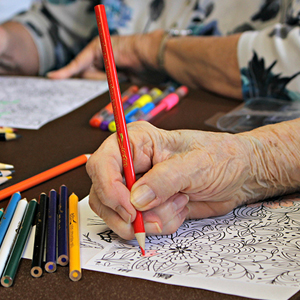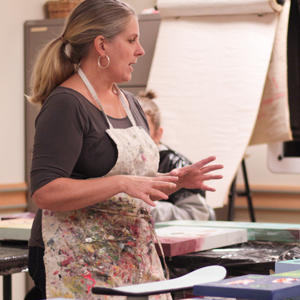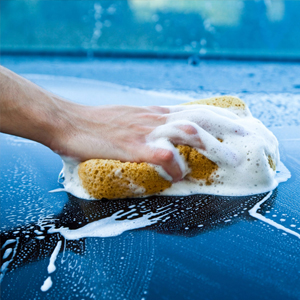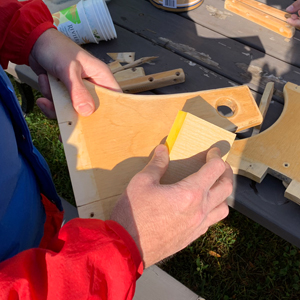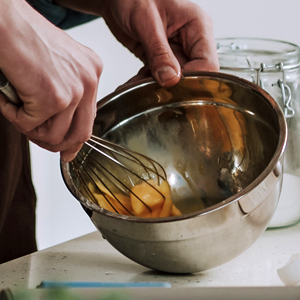At The Royal we recognize that recovery looks different for everyone, and a strengths-based, multidisciplinary approach to care helps us meet clients where they are.
Many people don’t typically consider the therapeutic value of leisure activities such as painting, cooking, journaling, or wood refinishing, but research shows they can have a positive impact on well being and play an important role in the recovery journey.
Here are a few of the different groups and programs we’ve highlighted this past year:

